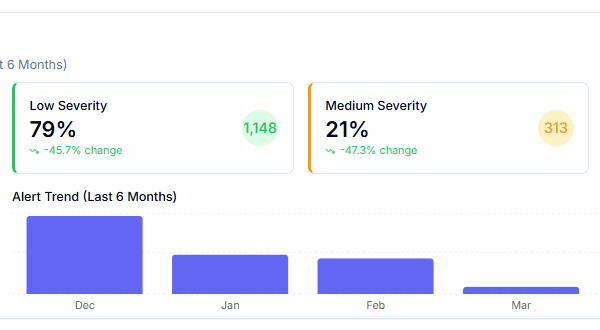
The Immediate Importance of a Cryptography Bill of Materials (CBOM)
In today’s digital age, cryptography serves as the backbone of security for everything from personal communications to critical infrastructure. Yet, as the complexity of software systems grows and the threat landscape evolves, ensuring that these cryptographic components are secure and up-to-date is becoming increasingly challenging. Enter the Cryptography Bill of Materials (CBOM), an essential tool that organizations can no longer afford to overlook.
Understanding CBOM
A Cryptography Bill of Materials (CBOM) is a comprehensive inventory of all cryptographic algorithms, keys, certificates, and protocols used within a software or hardware system. It provides a clear, detailed snapshot of what cryptographic elements are present, where they are used, and how they interact with each other. This transparency is crucial for maintaining the integrity and security of any system that relies on encryption.
The Growing Threat Landscape
Cyber threats are becoming more sophisticated, with attackers constantly seeking new vulnerabilities to exploit. One of the most alarming trends is the rise in attacks targeting outdated or weak cryptographic algorithms. As these algorithms age, they become increasingly susceptible to attacks, especially with the advent of quantum computing, which could render many current cryptographic methods obsolete.
Without a CBOM, organizations may be unaware of the outdated or vulnerable cryptographic elements within their systems, leaving them exposed to potential breaches. A CBOM allows organizations to proactively identify and address these weaknesses, ensuring that their security measures remain robust against emerging threats.
Compliance and Regulatory Pressures
Regulatory bodies around the world are beginning to recognize the importance of cryptographic transparency. For example, the European Union’s General Data Protection Regulation (GDPR) and the United States’ Executive Order on Improving the Nation’s Cybersecurity emphasize the need for robust encryption practices. As part of these regulations, organizations are required to demonstrate that they have implemented adequate security measures, including the use of strong cryptography.
A CBOM can serve as a vital compliance tool, providing documented evidence that an organization has a thorough understanding of its cryptographic landscape. This not only helps in meeting regulatory requirements but also builds trust with customers and partners by showing a commitment to security.
The Path to Quantum-Ready Security
The impending arrival of quantum computing presents a significant challenge to current cryptographic methods. Many of the algorithms in use today, such as RSA and ECC, could be easily broken by a sufficiently powerful quantum computer. Transitioning to quantum-resistant algorithms is not just a matter of upgrading software; it requires a comprehensive understanding of where and how cryptography is used throughout an organization’s systems.
A CBOM is critical in this transition. By providing a detailed map of existing cryptographic components, it allows organizations to assess which elements need to be upgraded or replaced with quantum-resistant alternatives. This proactive approach is essential to ensure that systems remain secure in the face of future technological advancements.
Conclusion
In a world where cyber threats are evolving rapidly and regulatory pressures are increasing, the importance of a Cryptography Bill of Materials cannot be overstated. It provides the transparency needed to maintain secure systems, ensures compliance with regulations, and prepares organizations for the challenges posed by quantum computing. Implementing a CBOM is not just a best practice—it’s an immediate necessity for any organization serious about protecting its digital assets.







